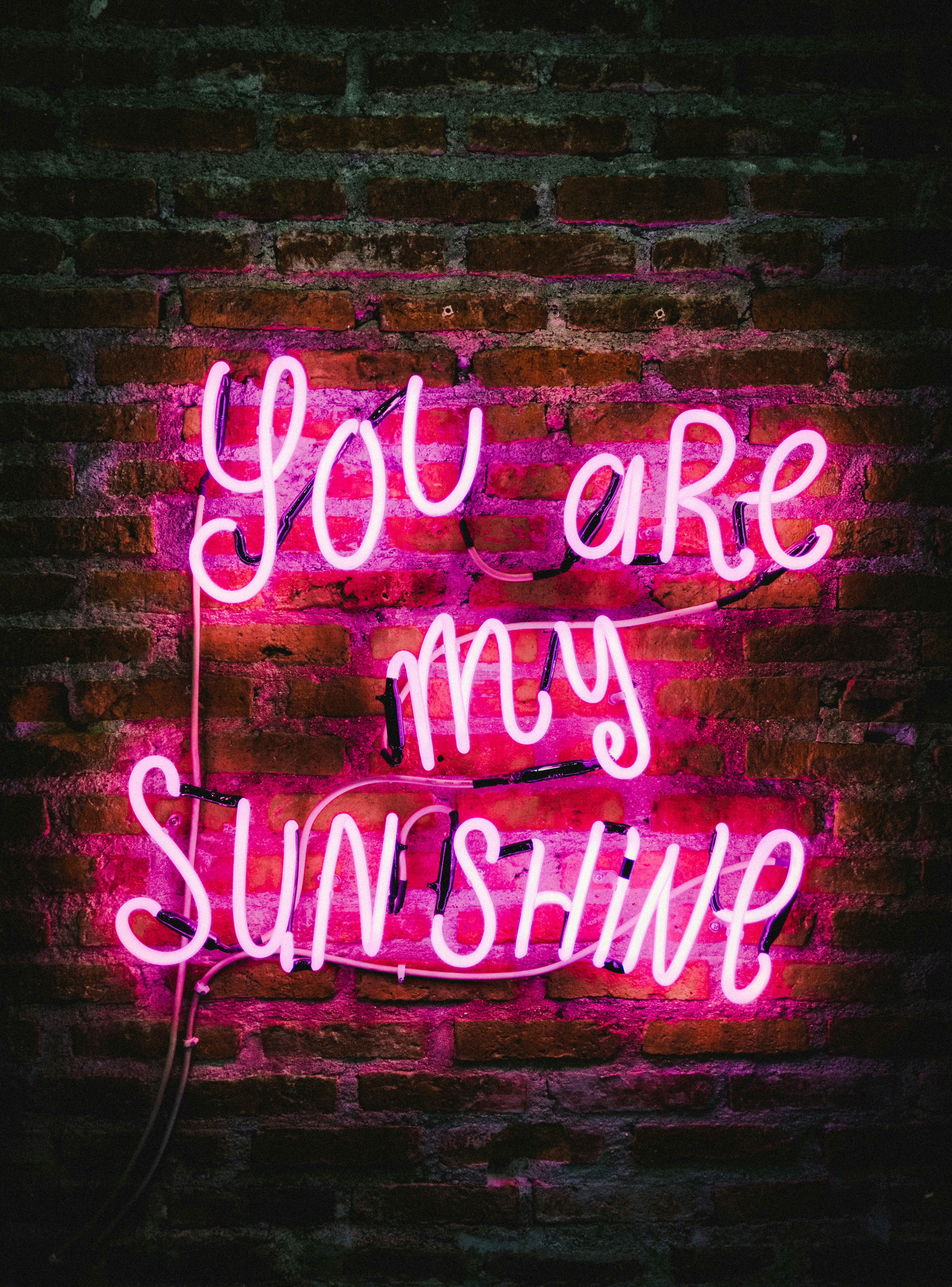"United Front" Xi and Putin Reinforce Solidarity
Authoritarian Leaders Xi and Putin to Join Forces
Chinese President Xi Jinping has reinforced China's unwavering support for Russia during his visit to Moscow to acknowledge the 80th anniversary of the end of World War II. Beijing will stand firm in the face of international trends favoring unilateralism and hegemonic intimidation - a not-so-subtle jab at the anti-US stance of both nations.
During his visit, Xi and Russian President Vladimir Putin exchanged warm and productive talks, marked by a "mutually beneficial" bond based on equality. The leaders agreed that their alliance represents a significant stabilizing factor on the worldwide stage amidst a tumultuous geopolitical climate and global uncertainties.
In a nod to their strong bond, Putin announced his intention to visit China at a later date. China's delegation, consisting of government officials and business representatives, touched down in Moscow on Wednesday, and Chinese soldiers are set to participate in the grand military parade on Red Square.
Putin Eyes Reciprocal Visit
Since Russia's invasion of Ukraine in 2022, the alliance between China and Russia has grown increasingly close. China has positioned itself as a neutral party in the conflict, but Western allies have accused China of economically and diplomatically supporting Russia. Russia, conversely, is a vital market for Chinese automobiles, while China is a significant buyer of Russian energy resources, such as gas and oil, which help fill Putin's war chest.
The military parade on May 9 may have sparked fears of possible attacks, as Moscow temporarily shut down its mobile network to protect against potential attacks. Although Putin had ordered the Russian army to observe a three-day ceasefire in light of the festivities, Ukraine accused Russia of breaking the truce after only a few hours, reporting guided bomb attacks in the Sumy region during the evening. The Russian Ministry of Defense refuted Ukraine's claims, stating that it was abiding by the ceasefire and only responding to violations perpetrated by Ukrainian forces.
The Evolving Relationship of Two Leaders
The relationship between Xi Jinping and Vladimir Putin has evolved substantially over the years, shaped by international relations and geopolitical shifts. The alliance serves as a valuable counterbalance to Western influence and fosters a more equitable global governance system. This partnership has strategic implications, including challenging Western dominance, expanding influence, ensuring energy and security, and fortifying economic interdependence.
[1] ntv.de[2] South China Morning Post[3] China Daily
- In light of the growing alliance between China and Russia, the European Union remains committed to a common defence policy, understanding the implications of the evolving relationship between Xi Jinping and Vladimir Putin.
- The unilateral actions of certain world powers have been met with opposition from Beijing, as China maintains its stance supporting a ceasefire and opposes hegemonic intimidation, a position that aligns with Russia's stance in the context of general news and politics.
- Despite the ongoing tensions between Russia and Ukraine, China has carefully positioned itself as a neutral party, avoiding engaged unilateralism while continue to support and engage in joint activities with Russia, such as the upcoming joint military parade in Moscow.
- As the partnership between Xi Jinping and Vladimir Putin strengthens, their alliance presents a significant challenge to Western dominance, encouraging a more equitable global governance system and fostering strategic economic interdependence, particularly in areas like energy resources and trade.








